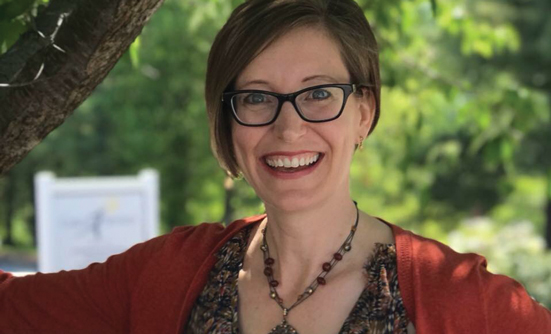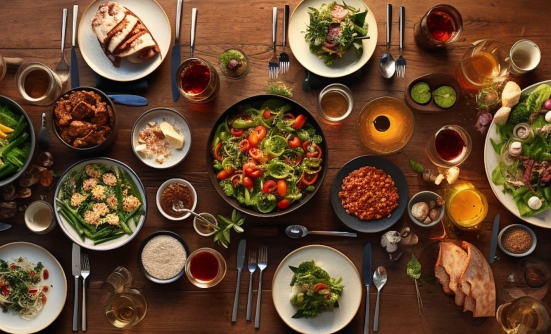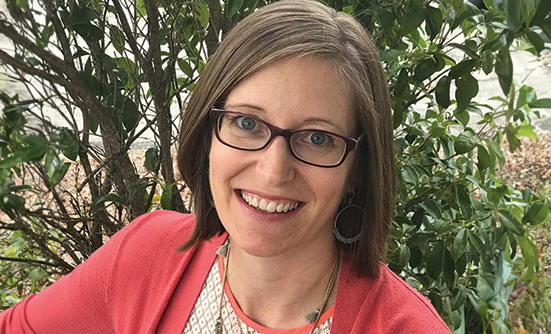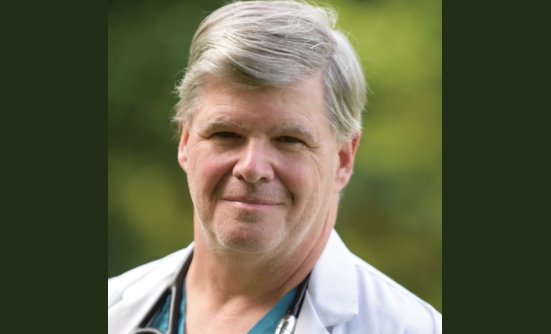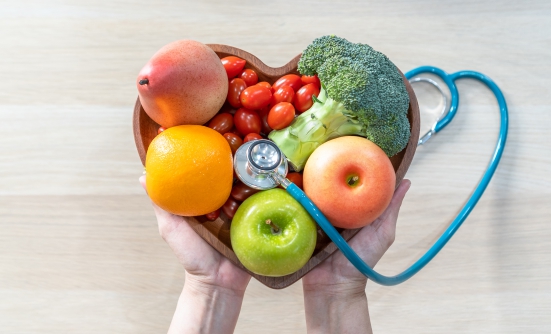I spend a lot of time providing answers to questions for people with cancer. It may be questions through e-mail, social media, phone calls, or in person at my educational classes, but it never ceases to amaze me how many of those people have the same questions.
From well-intentioned friends and family members who share the latest rumor about cancer and nutrition, to the crazy headlines on social media that are full of misinformation, I have created a list of what I call the “Top 5 Cancer Nutrition Myths.”
MYTH #1: Sugar feeds cancer. Avoid all sources of sugar.
Fact: All our cells, cancerous and healthy cells, use glucose—the basic building block of carbohydrates and sugar—for energy. Our body doesn’t pick and choose which cells get what fuel. So, when we consume carbohydrates and sugars, we can’t control which cells get the glucose. There is no evidence to prove that cancer cells grow faster in people who consume more added sugars.
If we don’t provide our body with enough carbohydrates through food, our bodies are forced to make it on its own to meet the needs of all cells. When the body is forced to make sugar (glucose) on its own, it leads to muscle loss and a weakened immune system, which are the last things you want during cancer treatment.
Therefore, whenever possible, it is best to provide food sources of complex carbohydrates regularly throughout the day. Added sugars are also fine to consume in moderation, but moderation is important. For a printable handout on sugar and cancer, please click here.
MYTH #2: Breast cancer survivors should avoid soy.
Fact: Eating soy in moderate amounts does not increase a woman’s risk for breast cancer recurrence (returning) or death. The human evidence overwhelmingly shows that soy intake is not harmful for, and may even benefit, patients with breast cancer.
Soy is considered a bean (legume) and is healthy when consumed as soybeans (edamame), soy nuts, tofu, tempeh, or soy milk. The type of soy that we would recommend limiting is the ultra-processed soy that is found in protein bars, powders, supplements (pills), or imitation meat products.
For a printable handout on soy and breast cancer here, please please click here.
MYTH #3: Meat and dairy cause cancer; you should never eat them.
Fact: The evidence does not show that vegetarian or vegan diets are any more protective against cancer than plant-based diets that include moderate to small amounts of animal foods. It’s not important whether you completely avoid meat and dairy. It’s more important that you make sure to eat plenty of fruits, vegetables, whole grains, beans, nuts, and seeds!
What’s healthy about vegan and vegetarian diets is the amount of plants that they eat on a regular basis. Make sure to get lots of plant foods, and if you want to include meat or dairy into your day, it can be a good source of protein. However, if you prefer to avoid animal products, that’s a perfectly good choice as well.
MYTH #4: You need to worry about pesticides on your food; organic foods are healthier.
Fact: There are no strong studies showing that people who consume organic foods have better health outcomes than those who eat nonorganic produce. Organically grown and conventionally grown foods can both be nutritious. Conventionally grown produce has very little, and sometimes zero, pesticide residue. Organic farmers often use organic pesticides, which may not be any less toxic than conventional pesticides.
The truth is that any produce is better than no produce. Most cancer survivors need to eat more fruits and vegetables, and whether they are organic or not is not the most important issue. Getting the fruits and veggies on their plates and into their mouths is the most effective thing they can do to provide their bodies with good nutrition.
MYTH #5: Superfoods prevent cancer.
Fact: There’s no such thing as a “superfood.” It’s a marketing term used to sell products, and it has no scientific basis. It’s gross over-simplification to say that any one food, on its own, could have a major influence over your chance of having cancer. Instead of focusing on any one food or nutrient, consider your overall diet pattern. Aim to get a variety of colorful fruits and vegetables, whole grains, beans, nuts, and seeds every day.
Cancer Dietitian’s Common Sense Recommendations for Survivors
Aim to include the following foods in your diet every day:
- 4-5 cups of fruits and vegetables
- 6 servings of whole grains
- At least 1 serving of beans, nuts, or seeds
- 30-45 grams of fiber
- 15-30 grams of protein at meals
- 6-10 grams of protein at snacks
- 8 cups of fluids through water, unsweetened tea, and unsweetened coffee
- Add flavor with spices, herbs
Bottom Line
No single food or food component can cause cancer by itself. No single food or food component by itself can protect you from cancer. There is strong evidence that a diet filled with a variety of plant foods, such as vegetables, fruits, whole grains, and beans, can lower the risks for many cancers and increase overall health and the immune system even after a cancer diagnosis.





